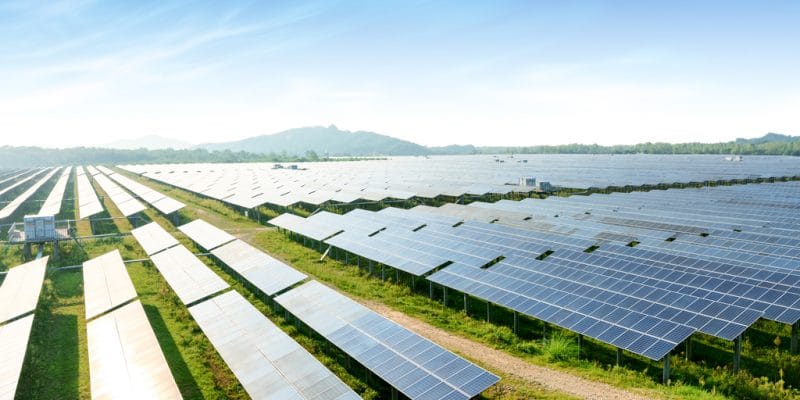Botswana is about to launch a call for tenders for two solar projects with a combined capacity of 100 MW. The projects will be implemented through a public-private partnership (PPP) involving local private companies.
Almost a month after cancelling the call for tenders for the design, procurement and construction (EPC) of two 100 MW solar power plants, the Government of Botswana is about to relaunch a call for tenders for the implementation of the same projects. However, this time, the call for expressions of interest will be addressed to independent power producers (IPPs).
“The project, which was initially structured as a joint venture between BPC and private producers, will now be implemented only through independent power producers, which means it will be 100% investor owned,” Botswana Power Corporation (BPC) recently explained. However, the selected IPPs will be required to work with local private companies.
An important issue for the country
Botswana, like many southern African countries, imports its electricity from South Africa. Even though this country is also experiencing difficulties in terms of electricity supply, since the state-owned company Eskom is suffering from massive debt. According to the Botswana authorities, 29% of the electricity consumed in the country, or 600 MW, comes from the Morupule B coal-fired power plant. But the industry has faced many technical problems in recent years, causing power shortages across the country.
The government was forced to turn to solar energy to meet the needs of the population. Several calls for tenders have been issued in the country for the exploitation of energy from photovoltaic plants. In 2017, for example, the public company was looking for IPPs to develop 12 solar projects across the country. This policy oriented towards the development of renewable energies is supported by the World Bank.
An agreement was recently signed between the Botswana government and the financial institution. The latter should provide the Botswana government with its technical expertise to develop a National Renewable Energy Strategic Plan. Adopted in many countries on the African continent, it is a document on which a state relies to achieve its energy objectives over a given period of time.
Jean Marie Takouleu







